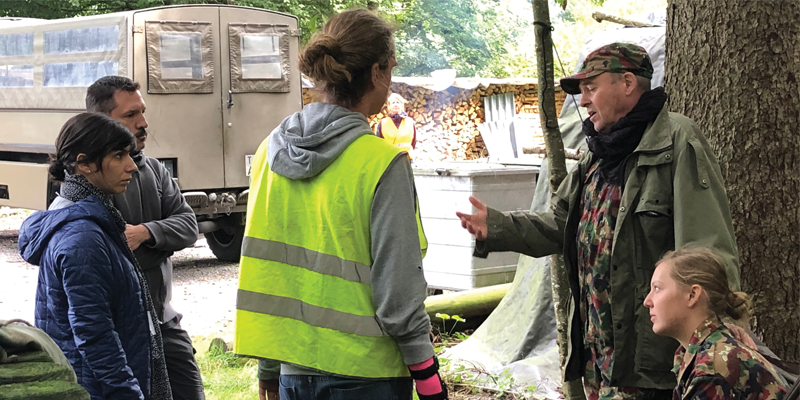Reshaping Approaches to Sustainable Peacebuilding and Development in Fragile States - Part I

Reshaping Approaches to Sustainable Peacebuilding and Development in Fragile States - Part I
Part I: Nexus between Unethical Leadership and State Fragility
There is evidence that fragile states are far from achieving the peace and security goals enshrined in the UN’s 2030 Agenda for Sustainable Development. Ineffective leadership, weak institutions, poor governance and insecurity are the striking features of fragile states, and the impact of state fragility often extends beyond national borders. Whether affected by terrorism, large numbers of both internally and externally displaced persons, increased international solicitation for humanitarian aid or other problems, a fragile state is never an island by itself. Despite the international community’s efforts to help fragile states improve their governance, build effective institutions and sustain peace, only limited progress has been made. This paper discusses the challenges facing ethical leadership, especially in the choice of policies and decision-making regarding their implementation, and highlights key features of the nexus between unethical leadership and (often violent) political crises. It argues that the unethical behaviour of leaders is the root cause of state fragility and suggests the reshaping of approaches to peacebuilding efforts in order to cultivate ethical leadership in fragile states.
Dr Gervais Rufyikiri has a diversified experience both in academic research and in the political field. Former Vice-President of Burundi (2010-2015) and President of the Senate of Burundi (2005-2010), he contributed to build postconflict institutions. Dr Rufyikiri has written many scientific articles reporting his findings in the domain of agriculture, environment and politics. He also lectured at universities in Burundi. Since 2017, he is Executive-in-Residence, Global Fellowship Initiative at the Geneva Centre for Security Policy. Dr Rufyikiri was educated in Burundi and in Belgium. He holds a doctoral degree in Biological, Agricultural and Environmental Engineering.


